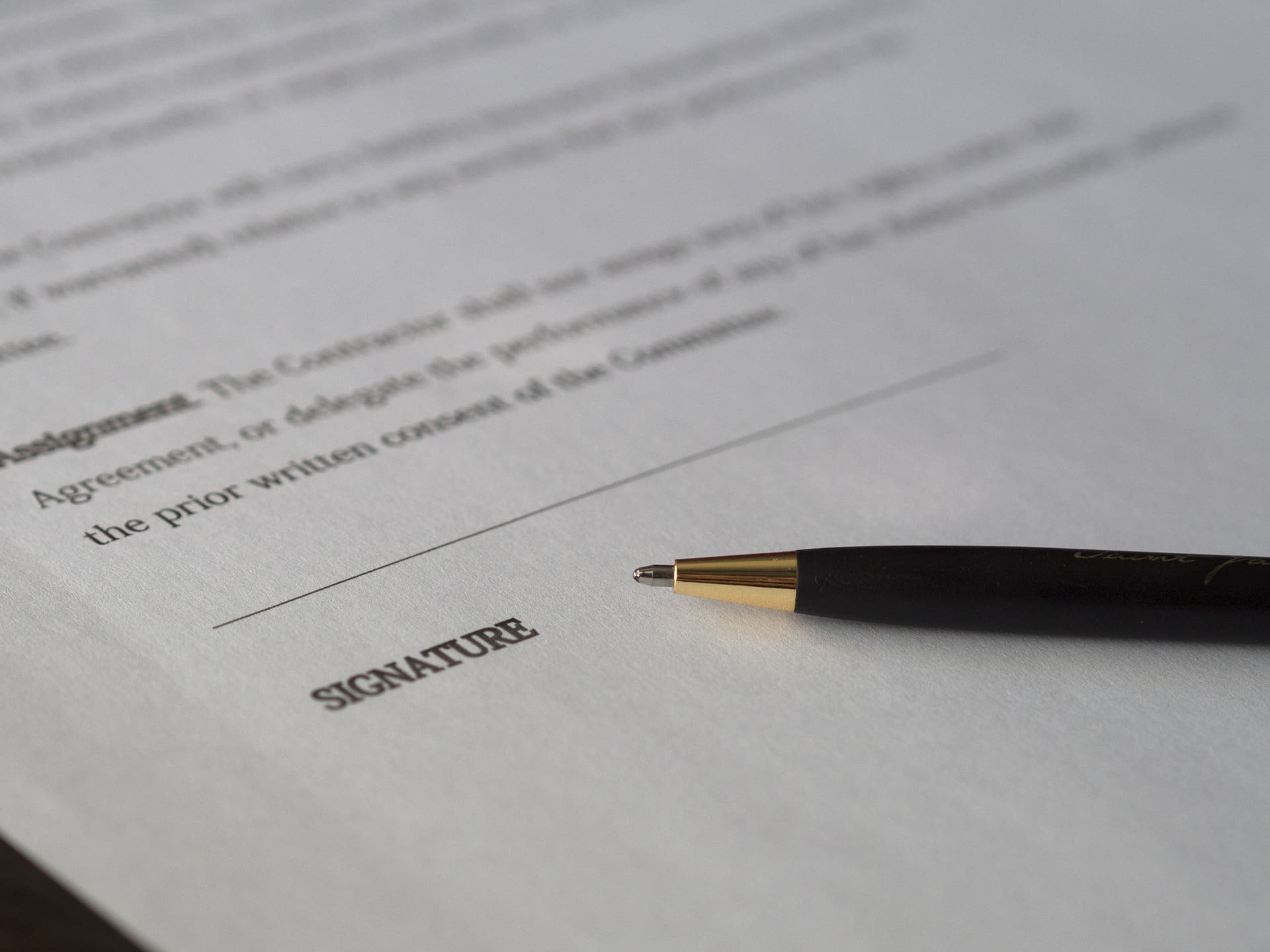
21 Jul How to Prepare a Beneficiary Deed in Arizona
If you’re planning to leave your home or any other real estate property to someone else when you pass, a beneficiary deed can smooth out the process. At Phelps LaClair, we help Arizona residents bequeath property and avoid probate with a variety of reliable estate planning methods. Continue reading to learn more about the benefits and requirements of an Arizona beneficiary deed.
What Is a Beneficiary Deed?
Creating a beneficiary deed is a quick and simple way to transfer ownership of your real estate after you pass away. The purpose of a beneficiary deed is to authorize the transfer of real estate property in Arizona to the designated beneficiaries upon the death of the current owner. This type of deed is also sometimes called a transfer-on-death (TOD) deed.
Anyone who owns real estate property in Arizona can prepare a beneficiary deed, and anyone over the age of 18 can receive the property. You can also name a trust or entity as the beneficiary of a TOD deed, or name multiple beneficiaries and decide how they will hold the property title.
Three Important Benefits of a Beneficiary Deed
1: No Probate
Probate is the legal process of distributing your assets after your death, which can be time-consuming and expensive for your loved ones. It’s best to create an estate plan that avoids probate altogether if possible, by using trusts and beneficiary deeds.
Because property with a beneficiary deed automatically transfers ownership after your death, the property will avoid probate. The rest of your estate, however, may be subject to probate if the total value of your assets exceeds $100,000, or if any of your assets don’t have beneficiary designations. Without a beneficiary deed, real estate property valued at over $100,000 is subject to probate.
2: Flexible Control
A beneficiary deed functions similarly to a revocable trust in that it allows you to retain ownership of your real estate property. You can still sell, rent, or mortgage the property at any time without needing to involve your beneficiaries. Plus, if you change your mind at any point, you are still able to revoke the deed or update the beneficiary designations.
3: No Gift Taxes
Because you retain ownership after signing a beneficiary deed, you can still benefit from the property if it qualifies for local tax exemptions and government programs. The transfer of real estate property after your death using a beneficiary deed is not considered a gift. That means you can bestow your property on loved ones without having to pay the gift tax.
How to Prepare a Beneficiary Deed in Arizona
To properly prepare and file your beneficiary deed, you must make sure that the deed:
- Grants your real estate property to a named beneficiary (you must be the property owner).
- States that the transfer is effective upon your death.
- Is notarized and recorded in the county office where your property is located.
- Is recorded before your death.
Estate Planning Attorney in Arizona
It’s always wise to consult with an experienced estate planning attorney before you file a beneficiary deed. The Phelps LaClair team in Arizona can help ensure that your beneficiary deed meets all of the requirements and doesn’t become void. We can also help you protect the rest of your assets with a will or living trust, to provide peace of mind for you and your family. Call 480-892-2488 today to schedule a consultation.
Images used under creative commons license – commercial use (7/21/2022). Image by Edar from Pixabay


